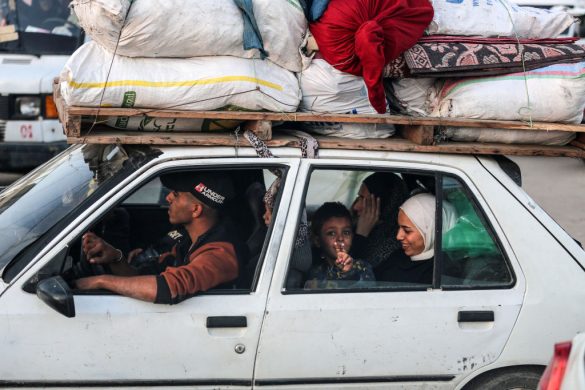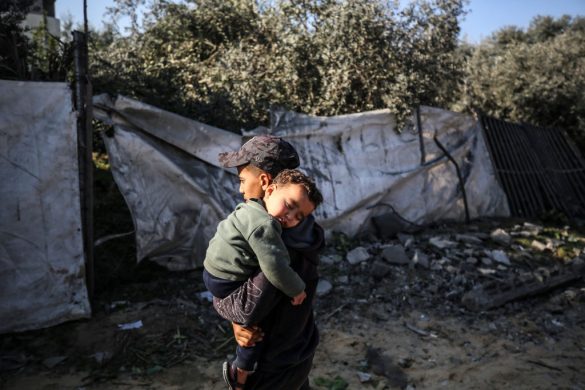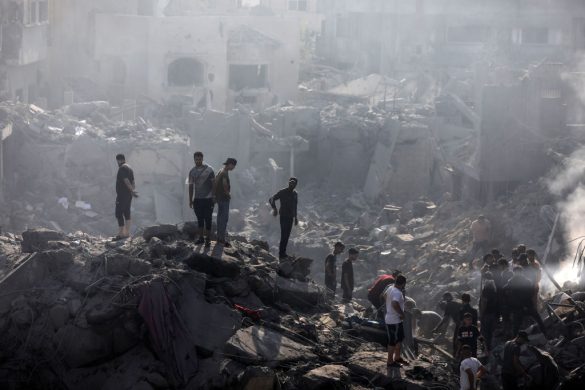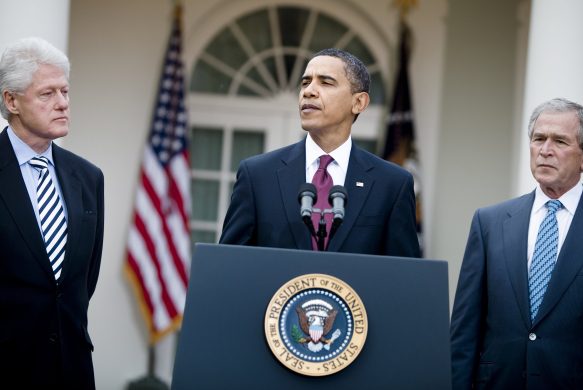UNICEF har indledt et psyko-socialt program for egyptiske børn, der har været udsat for vold i forbindelse med den seneste tids protester.
CAIRO, 22 February 2011: Following days of peaceful mass protests that started on 25 January, demonstrations turned violent when clashes broke out among demonstrators, police forces and counter-demonstrators. The last group reportedly included hired thugs.
In addition, the withdrawal of the police from the streets and the escape of thousands of prisoners led to incidents of looting and increased fear among families.
As a result, people of all ages, including children, went out on the streets and formed citizen groups to protect their neighbourhoods until the armed forces could restore security on Friday, 4 February.
According to preliminary figures announced by the Ministry of Health and by human rights organizations, 365 people were killed during the events in different governorates, and thousands of people were injured.
“All reported deaths and injuries, particularly of children, as well as reports of children being paid to participate in counter-demonstrations, and of children being detained, should be thoroughly investigated, and children’s rights fully protected,” said UNICEF Representative in Egypt Philippe Duamelle.
“Children need help to come to terms with the violence and feeling of insecurity they have seen or experienced,” he added.
Help for children at risk
The psycho-social programme that UNICEF and its national partners have put in place will help children at risk in Cairo and Alexandria, as well as schoolchildren nationwide, to overcome their psychological distress.
According to Dr. Hashem Bahary, professor of psychology at Al-Azhar University, up to 30 per cent of Egyptian children may suffer from anxiety, depression and obsessive compulsion.
“In this psycho-social programme, we are preparing the teacher, the psychologist and the social worker to communicate actively with the children,” said Dr. Bahary. “This communication is based on listening and arts in order to give children a chance to express themselves accurately, and this of course will reduce their anxiety.”
The most seriously affected young people are the tens of thousands of children who live and work on the streets of Cairo and other major cities. Testimony from children living in the streets indicates that they were exposed to severe violence, witnessing people killed and badly injured.














